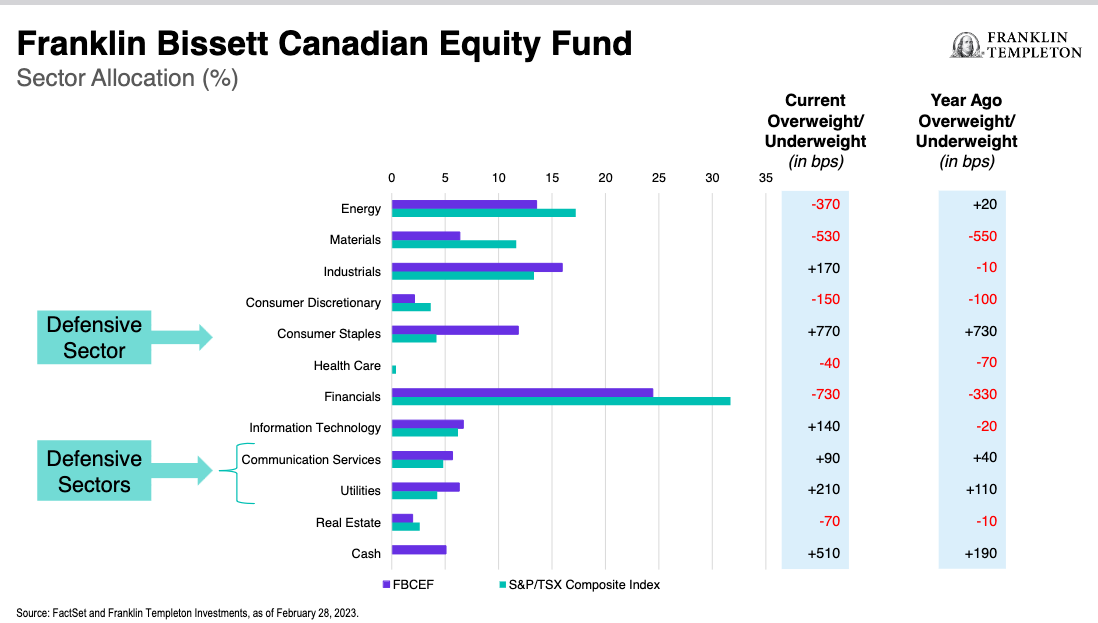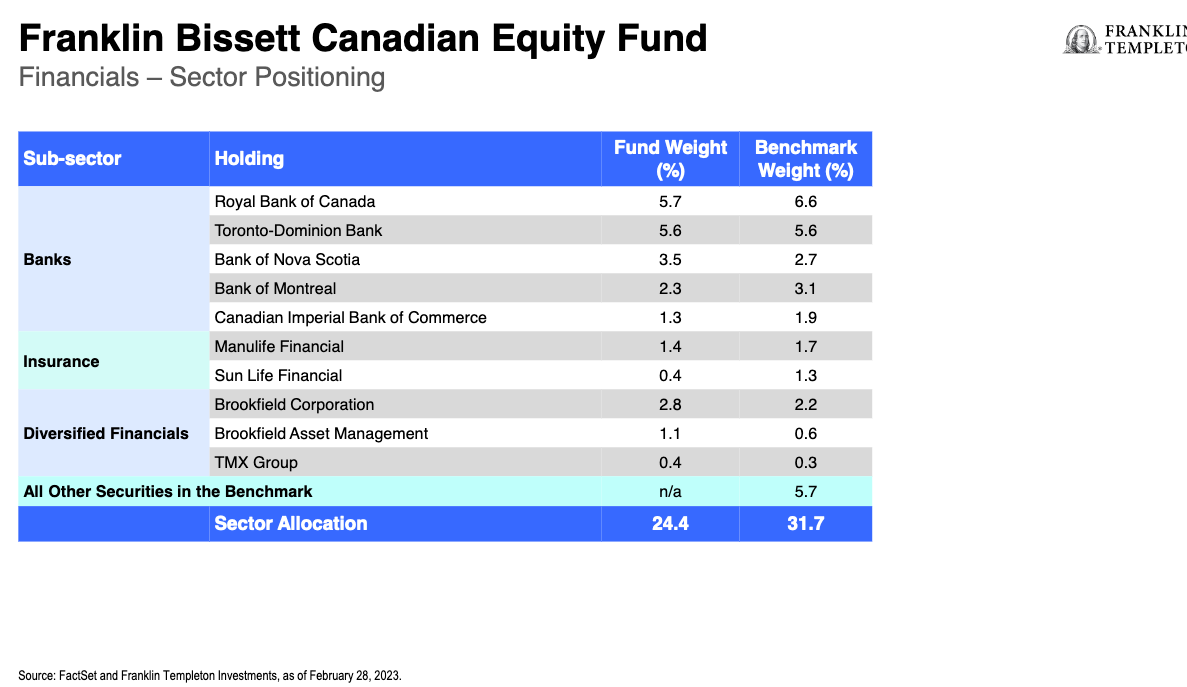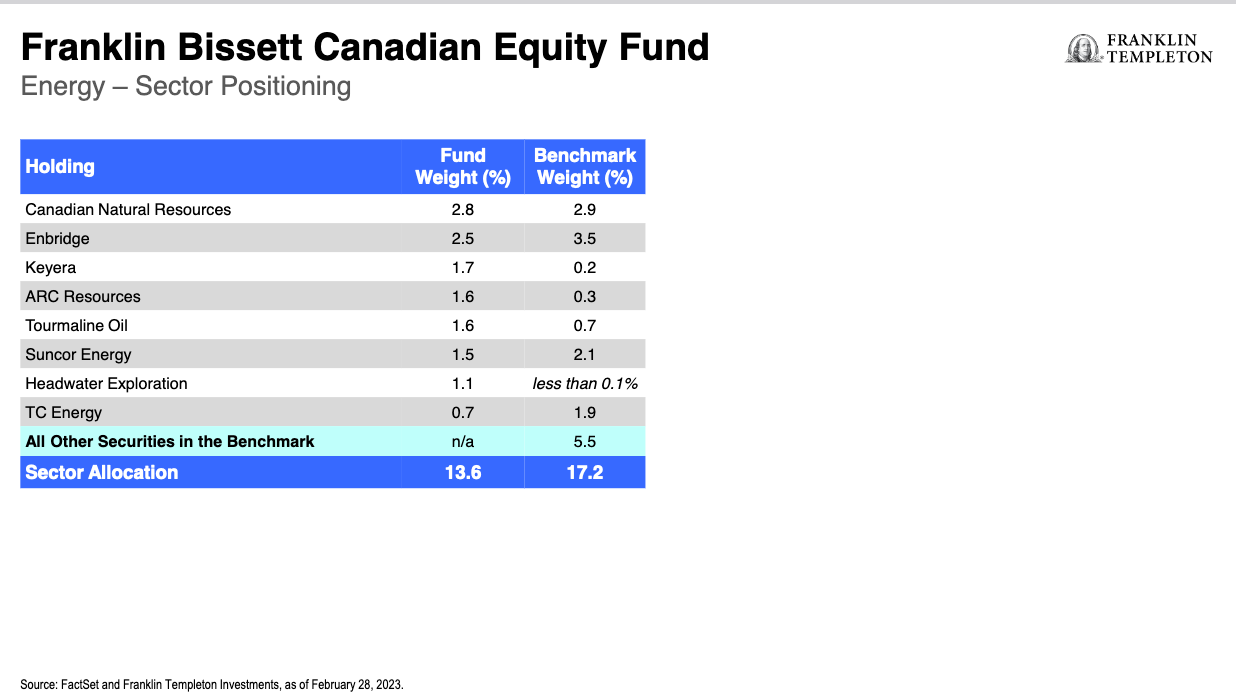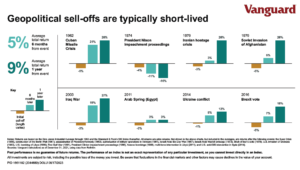
I saw her today at the reception
In her glass was a bleeding man
She was practiced at the art of deception
Well, I could tell by her blood-stained hands, sing it
You can’t always get what you want
But if you try sometimes, well, you just might find
You get what you need
- You Can’t Always Get What You Want, by The Rolling Stones
Tariffs: Great in Theory … Dumb in Practice
Apropos of what has been clearly driving markets over the past several weeks, in this month’s commentary I will discuss tariffs. Specifically, I will demonstrate that although they can, in theory, produce certain benefits, in reality, they are far more likely to cause more harm than good, both for economies and markets.
A Boon to Humanity
The entire world has benefitted immeasurably from global trade in the postwar era. Its expansion has vastly expanded the supply of most goods, leading to lower prices. In simple terms, globalization has led to more things at lower prices, which has made the world far wealthier and led to a phenomenal increase in standards of living.
Consumers and businesses in the U.S. and other developed nations have benefitted from the fact that most things can be made for less in other countries. To be sure, the windfall of cheaper goods has involved the dislocation of manufacturing jobs over the last several decades. However, the percentage of the American workforce in manufacturing currently stands at roughly 8%, and less than 14% in 2000.
Furthermore, most experts agree that technology and automation, as opposed to trade, have been primarily responsible for the decline in manufacturing employment in the U.S. Also, given that the U.S. is currently at full employment, it stands to reason that dislocated jobs have been replaced. Importantly, the net benefit of trade has been massive, enabling citizens of advanced economies to enjoy higher standards of living than if they were forced to buy only domestically produced goods.
The Theoretical Benefits of Tariffs
Although the benefits from free trade are undeniable, governments are periodically tempted to tweak trade relationships in their favour to maintain or augment globalization’s existing benefits while minimizing or eliminating its relatively minor drawbacks. These initiatives entail some degree of restrictions on trade. Today, the U.S. is pursuing such policies by imposing tariffs on imported goods.
The purported benefits of these particular tariffs are:
Benefit #1: Improved government finances: This argument contends that tariff revenues will afford the government some flexibility with respect to fiscal policy. Specifically, the revenue which is collected via tariffs will be used to reduce the ever-expanding U.S. deficit. Alternatively, these revenues could serve to increase government spending and/or reduce taxes without a deterioration of the government’s fiscal position.
Promise #2: A manufacturing renaissance: Another potential benefit involves the bolstering of certain industries via reduced competition from imports, with an associated boost to employment in these areas. The current U.S. administration has been particularly vocal about the ability of tariffs to revitalize manufacturing in states where it was once prominent.
Promise #3: A Better Deal: This argument holds that tariffs will force other countries to the negotiating table and put the U.S. in a strong position to secure better trade agreements and/or end unfair trade practices that hurt its economy.
Einstein’s Warning
Albert Einstein famously stated, “In theory, theory and practice are the same. In practice, they are not.” In theory, tariffs can deliver on the aforementioned promises, but the reality is that not only are they unlikely to do so but stand a very good chance of causing more harm than good.
Very little, if anything, in the modern global economy occurs in a vacuum. One specific policy or event can easily start a chain reaction of subsequent policies and events. Although some of these cascading effects can be anticipated, their magnitude is almost impossible to predict. More ominously, many of them are unforeseeable (the technical term used by economists for such developments is “unintended consequences”). As a result of such reverberations, few, if any of the purported benefits of tariffs are likely to materialize, should they remain in place. Moreover, their associated consequences could prove severe.
Improved Government Finances: Robbing Peter to Pay Paul
Escalating tensions and the prospect of long-lasting trade wars have resulted in a heightened state of uncertainty among both businesses and consumers, which may have a significant impact on their investment and spending. Continue Reading…








